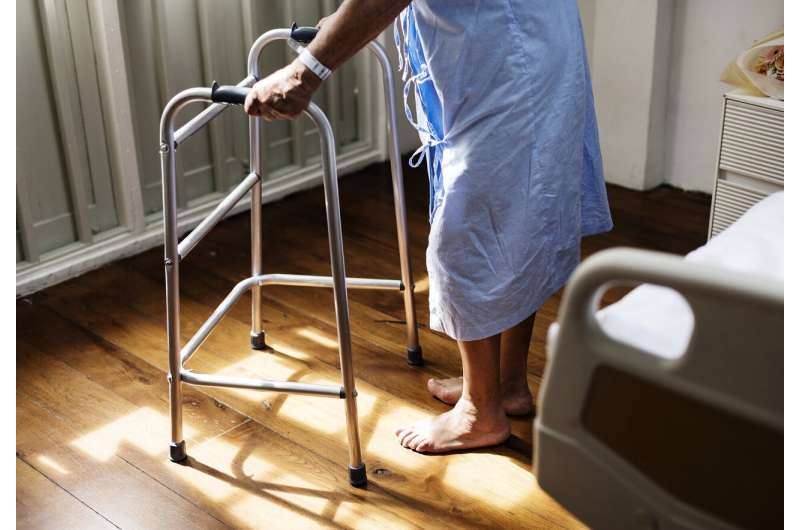Cycling May Reduce Dementia Risk and Support Brain Health in Older Adults

A large-scale study finds that regular bicycling among older adults can lower dementia risk and promote hippocampal volume retention, supporting cognitive health with active transportation.
Recent research indicates that cycling could be a highly beneficial activity for older adults, potentially lowering their risk of developing dementia and aiding in the preservation of brain structures, such as the hippocampus. A multidisciplinary team of geriatricians, neurologists, nutritionists, and public health experts from China, in collaboration with colleagues from Australia, analyzed extensive data to understand the impact of various transportation modes on cognitive health.
They published their findings in the journal JAMA Network Open, highlighting that among all forms of transportation used by seniors, cycling stood out as the most promising in reducing dementia risk. The study involved over 479,700 participants with an average age of around 56.5 years, all initially healthy and free of dementia symptoms. The researchers followed these individuals over 13 years, closely monitoring their health and mode of travel.
The analysis revealed that those who regularly used bicycles for transportation had significantly lower rates of dementia compared to those who primarily walked, drove, or took buses. Additionally, bicycle users showed greater hippocampal volume retention, which is crucial for memory and cognitive functions. Interestingly, the benefits of cycling were even more pronounced in individuals lacking the APOE ε4 gene variant, known to increase dementia risk. Those with the gene variant still gained advantages from cycling, but the effects were less substantial.
These findings suggest that incorporating cycling into daily routines can be a strategic move toward maintaining cognitive health and preventing dementia in the aging population. It underscores the importance of active travel modes, particularly cycling, as a non-pharmacological intervention for brain health.
Source: https://medicalxpress.com/news/2025-06-bicycling-dementia-greater-hippocampal-volume.html
Stay Updated with Mia's Feed
Get the latest health & wellness insights delivered straight to your inbox.
Related Articles
Enhancing Stroke Rehabilitation Through Stronger Policies for Better Patient Outcomes
A new American Heart Association policy advocates for stronger public policies to close gaps in stroke rehabilitation care, ensuring equitable access for all survivors and improving recovery outcomes.
The Changing Language of Federal Health Discourse and Its Impact on Disability Communities
An analysis of recent shifts in federal health rhetoric reveals increased emphasis on individual responsibility, raising concerns about its impact on disability communities and systemic health policies.
Essential Tips for Staying Safe During Heat Waves and Recognizing Heat Stroke Signs
Learn essential tips to stay safe during heat waves, recognize early signs of heat exhaustion and heat stroke, and protect vulnerable populations from extreme heat risks this summer.
The Brain-Heart Connection: Exploring the Dynamic Link Between Mind and Heart
Explore the powerful bidirectional relationship between the brain and heart, revealing how emotional health impacts cardiovascular wellbeing and vice versa, with insights from Mayo Clinic research.



